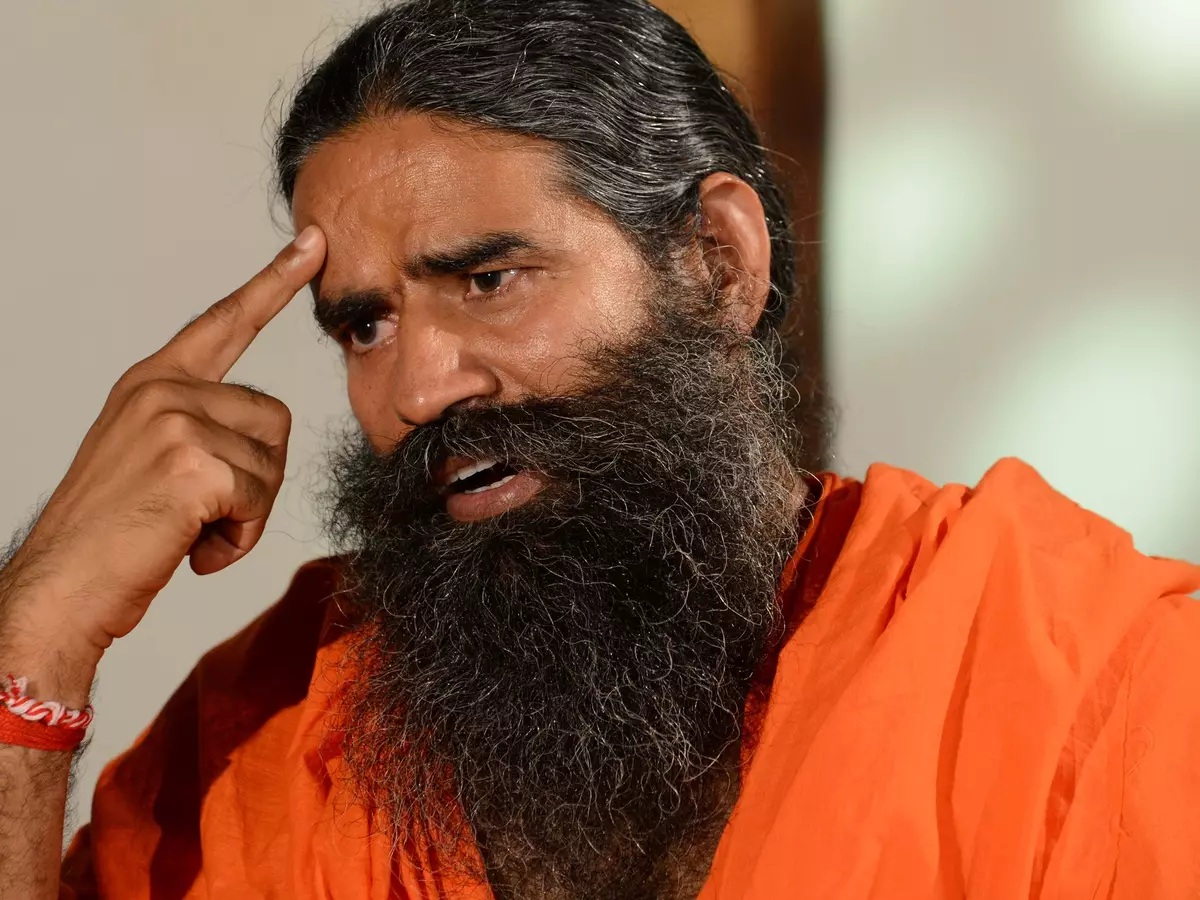Now Baba Ramdev's Patanjali Eyes To Become The World's Largest FMCG Brand In Four Years
Yoga guru Baba Ramdev has said that by 2018-19 his fast-moving consumer goods FMCG company Patanjali will overtake Unilever and others. He said that his successor will be a team of nearly 500 sadhus trained by him. The yoga guru denied charges that he was getting favours for his group due to his political connections.

Yoga guru Baba Ramdev has said that by 2018-19, his fast-moving consumer goods (FMCG) company, Patanjali, will overtake Unilever and others and by 2020-21 Patanjali would become the world's largest FMCG brand.

AFP/ File
"In the next two years, Patanjali will create Rs 1 lakh crore production capacity. Presently our Haridwar facility has Rs 15,000 crore production capacity and the Tezpur facility has Rs 25,000 crore capacity. Our new facilities are coming up in Noida, Nagpur, Indore and Andhra Pradesh. We have 50 small units where we make edible oils, salt, etc. Even if we attain Rs 1 lakh crore production capacity, it will be hardly 10 per cent of the total market size of Rs 10 lakh crore," Ramdev said in a TV interview.
He said he has already prepared a plan of succession for his Rs 10,000 crore Patanjali group, saying that his "successor" will be a team of nearly 500 sadhus trained by him.

AFP/ File
The yoga guru, who along with his associate Acharya Balkrishna, has created the massive FMCG group Patanjali within a short span of time, outlined his future plans while indicating that his group would soon start selling jeans, trousers, kurtas, shirts, suiting, sportswear and yoga wear.
Ramdev who called for a boycott of Chinese and foreign goods, but pushed for export of Indian goods to China and other countries in the same vein.
"The Chinese control almost 50 to 70 per cent of the world market. The Chinese control nearly Rs 20 lakh crore market in India. What is the harm if we try to export our goods to China?"

AFP/ File
Ramdev, however, made it clear that the Patanjali group would not try to exploit poor countries. "Whether it is Bangladesh, Nepal, even Pakistan or African countries, whatever profits we will earn, we will not repatriate to India, we will re-invest the money there."
The yoga guru denied charges that he was getting favours for his group due to his "political connections".
"I can say with authority that I have not taken a single paisa worth advantage from the Modi government. Nor did I try to obstruct the government's work. Had I wanted, I could have achieved any dream a politician normally seeks. But for me, politics is not a profession, it's a mission. I intervened in politics due to exigency only when I found that bad people (burey log) should not rule anymore. I never used, nor will I ever use, my political connections for my company."

AFP/ File
Founded in 2006, Patanjali began as an Ayurvedic products manufacturer and later forayed into FMCG.
Riding on a wave of nationalism the company has scaled business targets with ease, which others took years or decades to achieve.
